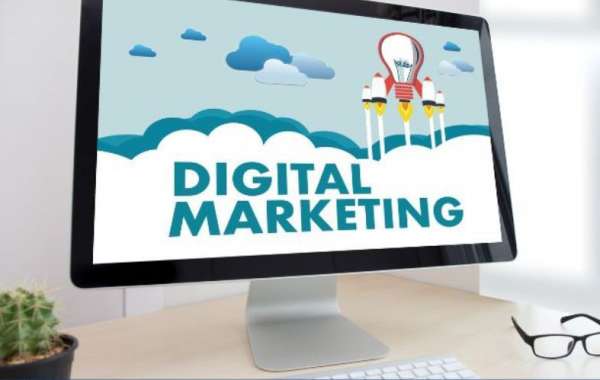In today’s digital era, mastering the art of digital marketing has become a cornerstone for business success. But what exactly is digital marketing, and why should you care?
Defining Digital Marketing
The Digital marketing is a broad term that encompasses all marketing efforts conducted via digital channels. It leverages various online platforms and technologies to connect with potential customers and promote products or services. Unlike traditional marketing, which relies on offline methods such as print ads and billboards, digital marketing harnesses the power of the internet and electronic devices to reach and engage with audiences.
Core Components of Digital Marketing
Search Engine Optimization (SEO): SEO involves optimizing your website and content to rank higher on search engine results pages (SERPs). By improving factors like keyword usage, site structure, and load speed, SEO helps increase organic traffic to your website. Effective SEO strategies lead to better visibility and higher chances of attracting potential customers.
Content Marketing: This strategy focuses on creating and distributing valuable, relevant content to attract and retain a target audience. Content marketing can include blog posts, articles, infographics, videos, and more. By providing helpful and engaging content, businesses can build trust with their audience and establish themselves as industry leaders.
Social Media Marketing: Social media platforms such as Facebook, Instagram, Twitter, and LinkedIn offer opportunities to connect with users, build brand awareness, and foster community engagement. Social media marketing involves creating and sharing content tailored to each platform to reach and interact with your audience effectively.
Email Marketing: Email marketing involves sending targeted messages to potential and existing customers. This can include newsletters, promotional offers, or personalized content. By segmenting your email list and tailoring your messages, you can nurture leads, drive conversions, and maintain strong customer relationships.
Pay-Per-Click (PPC) Advertising: PPC is a model where advertisers pay a fee each time their ad is clicked. Platforms like Google Ads and Bing Ads allow businesses to bid for ad placements in search engine results and on other websites. PPC can drive targeted traffic to your site quickly and is highly measurable, making it a valuable tool for digital marketers.
Affiliate Marketing: This performance-based strategy involves partnering with other businesses or individuals (affiliates) to promote your products or services. Affiliates earn a commission for driving traffic or sales through their promotional efforts. This approach expands your reach and leverages the influence of others to drive conversions.
Read full blog in depth about ChatGPT: https://primarynews.in/what-is-digital-marketing-and-how-do-you-make-money-from-it/
Why Digital Marketing is Vital
Digital marketing offers numerous advantages over traditional marketing methods. One of the primary benefits is the ability to reach a global audience. With the internet’s vast reach, businesses can target customers from around the world, breaking geographical barriers. Additionally, digital marketing provides the ability to track and measure campaign performance in real time. This data-driven approach allows for precise adjustments and optimization, ensuring that marketing efforts are as effective as possible.
Furthermore, digital marketing offers cost-effective options compared to traditional methods. Many digital marketing strategies, such as content marketing and social media marketing, can be executed with relatively low budgets while still achieving significant results.
Conclusion
In summary, digital marketing is a dynamic and essential component of modern business strategy. By utilizing various digital channels and tools, businesses can enhance their visibility, engage with their audience, and drive growth. To explore more about digital marketing and how it can benefit your business, visit our in-depth guide on What is Digital Marketing.
Understanding and implementing digital marketing techniques will equip you with the knowledge to succeed in the ever-evolving online landscape.




